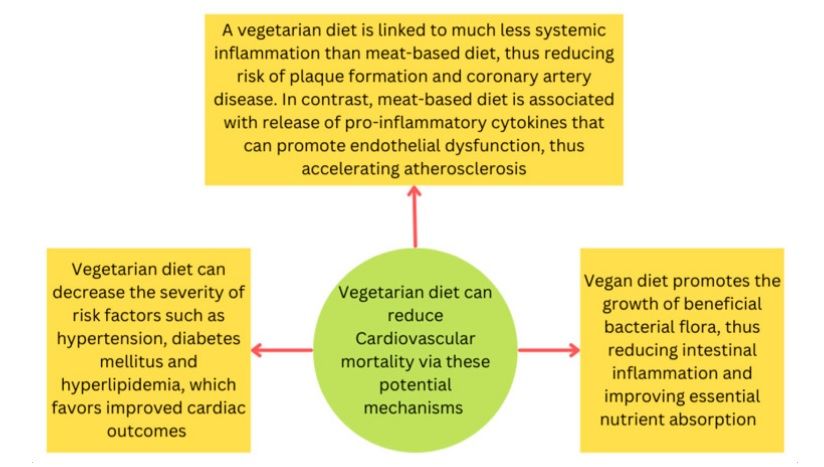Burnout Part 3: Diagnosis Tips
Hello once again everyone:
So now we go into the lab tests to diagnose adrenal status, but before we do, we need to cover the two primary types of adrenal problems.
Rarely, are the adrenal glands over active. This is called Cushing’s Disease and is suspected when you have high cortisol and blood pressure unresponsive to medication and other physical signs, such as a round or moon shaped face that you did not have before. Lab tests that confirm high cortisol then lead to the next step, which is undertaken with an endocrinologist to establish the possible cause. One possible cause is an adrenal or pituitary adenoma, and imaging studies may be ordered along with other lab tests to find out if this is a primary (an adrenal tumor) or secondary issue (a pituitary tumor).
Mild increases of cortisol seen on blood and/or saliva tests without moon face or blood pressure concerns raise the concept of stress induced cortisol elevations. This is not Cushing’s Disease, but happens when long periods of high stress force the HPA axis to be elevated. In Cushing’s or stress induced hypercortisolemia, it can be very helpful to run a salivary cortisol test where cortisol is measured in 4 saliva samples taken over the course of the day, usually at 8:00 AM, Noon, 4 to 6 PM and a final one at 11:00 PM. In this case, we are looking at the cortisol rhythm which is where we are checking to see if the normal diurnal changes in the cortisol levels occur.
Normally, the cortisol is highest on arising, and slowly goes down over the course of the day. This normal rhythm can be disturbed in many ways and gives us a clue to whether or not this is a functional issue or a pathological concern. For example, a high morning cortisol, with normal cortisol the rest of the day will lend toward a diagnosis of high stress/anxiety states. A high evening cortisol raises the suspicion of Cushing’s, but if the cortisol is normal or low all day and just high at night, then that is more of a functional issue.
The cortisol salivary rhythm test can also spot adrenal insufficiency, where you have low cortisol all day. When cortisol is low all day, then an autoimmune condition can be suspected and further lab tests for antibodies to the adrenal glands can be ordered. Low cortisol is called Addison’s disease, and both Cushing’s or Addison’s can be life threatening and require the expert care of an endocrinologist experienced in treating these cases.
It is very often frustrating to have your primary care physician state that your tests are all normal and that no such thing as adrenal fatigue has been substantiated in the literature, even when your symptoms fit that adrenal fatigue description exactly. Standard medical care does not recognize adrenal fatigue as a legitimate condition, stating that there is no scientific evidence or formal criteria to either define or diagnose adrenal fatigue. In the next newsletter, we will get into this in more detail, but for now my opinion is that both sides are correct. Please read this link and get ready for next week’s newsletter where we dismantle the controversy.
Bottom Line: When you read the proposed definitions of burnout and adrenal fatigue, it becomes apparent that these conditions are actually MULTI-SYSTEM disorders and no single test will diagnose such a condition. The controversy arises when we try to look at things through the lens of disease as opposed to organ fatigue or organ reserve (lack or function or just abnormal function from chronic overuse). In multi-system functional disorders (such as burnout and adrenal fatigue), it is often more useful to look at lab tests from both a pathological viewpoint as well as a functional viewpoint. Stay tuned for what this looks like!!
The post Burnout Part 3: Diagnosis Tips appeared first on RICHMOND CHIROPRACTIC NEUROLOGY.





